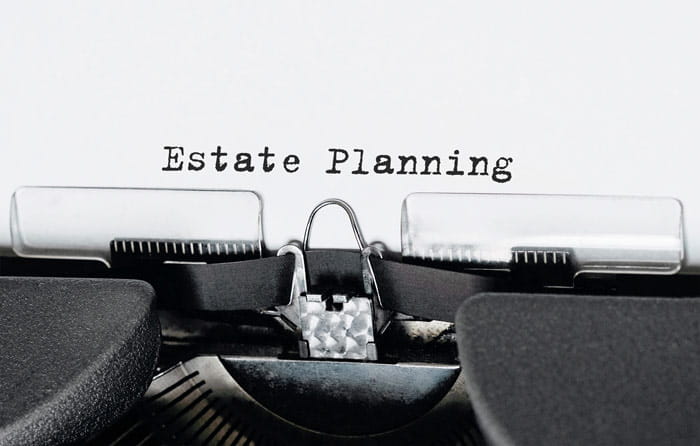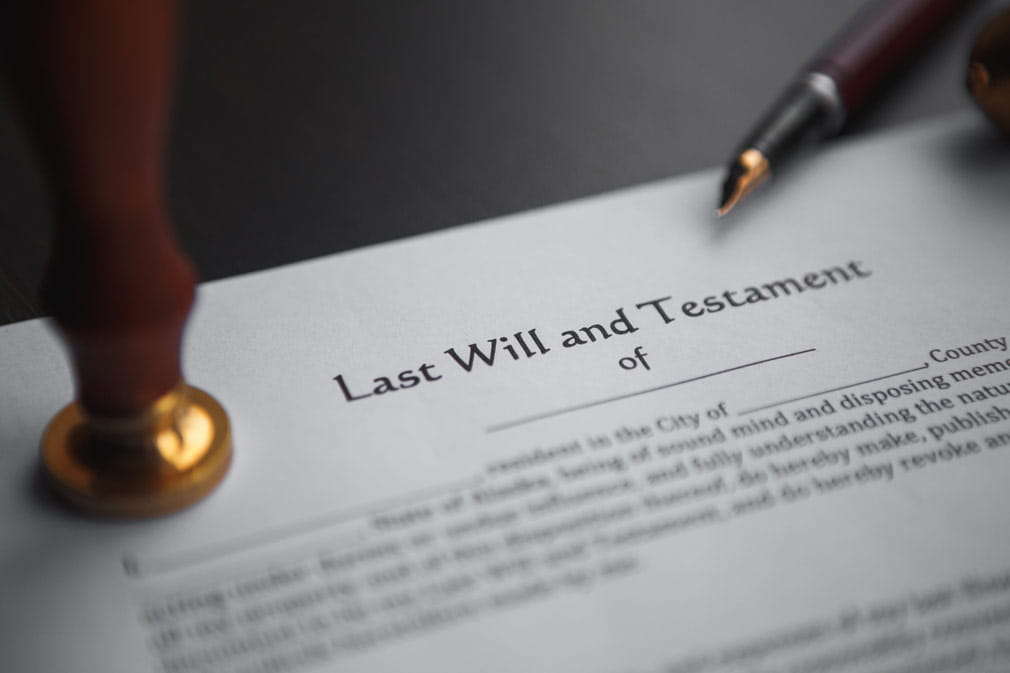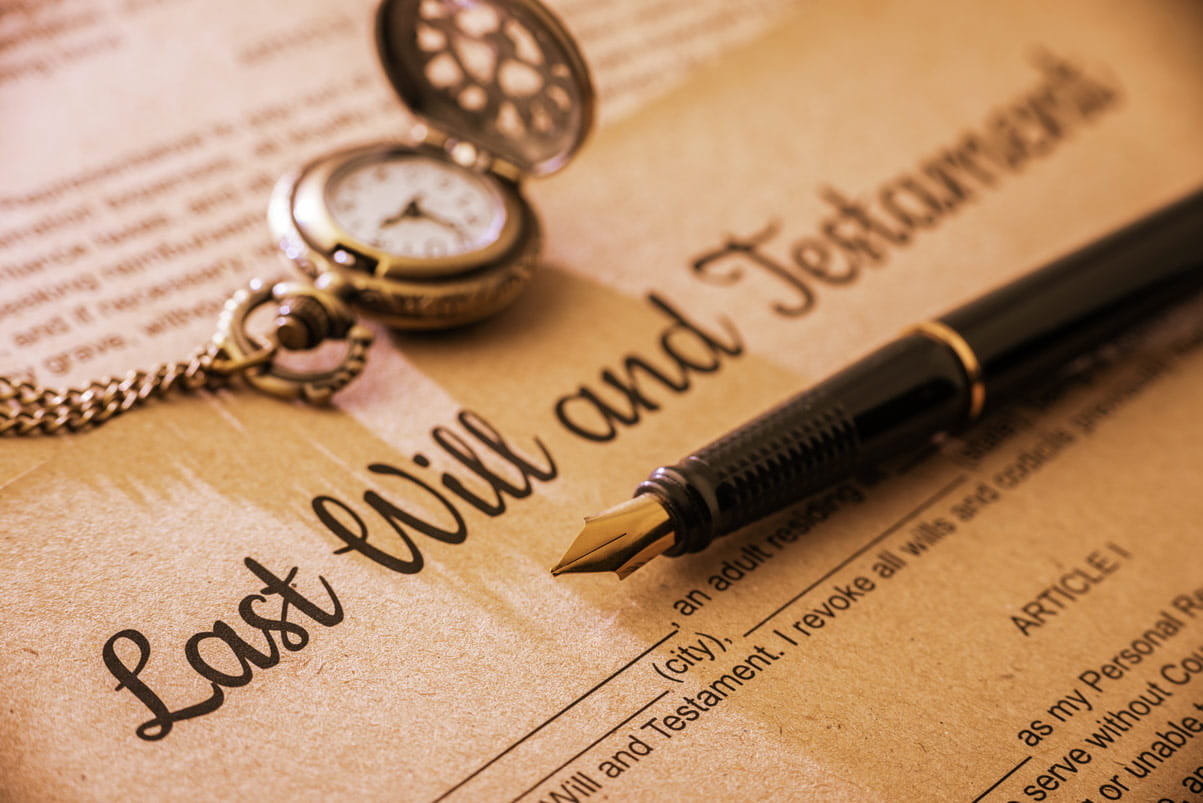
What happens to debt when someone dies?
Explore what happens to debts when someone dies with Saga’s comprehensive guide.

Explore what happens to debts when someone dies with Saga’s comprehensive guide.
Have you ever wondered what happens to debts when someone passes away? Do they simply vanish? Or are they inherited by their heirs?
At Saga Money, we’ve put together a guide to help you navigate the complexities of debt after death. We explore the process of debt settlement, providing you with the key information needed to understand and manage this aspect of estate planning.
Many assume that outstanding debts on credit cards, loans or mortgages are wiped clean upon death, but this isn’t the case.
When a person dies, their debts don’t typically transfer to their heirs. Instead, these debts are settled using the deceased’s estate (the assets and money left behind). This means that before any inheritance is handed out to beneficiaries, all outstanding debts must be paid off from the estate.
After death, the executor or personal representative is responsible for reviewing all the deceased’s paperwork and bank statements. They must then make a list of any outstanding debts.
It’s important to determine whether these debts were solely the deceased’s or jointly held with another party.
For complex estates, executors and personal representatives can seek legal advice from probate specialists.
If there are individual debts, these must only be paid from the estate’s value – a surviving spouse, civil partner or relative won’t have to pay anything. Debts are written off if there aren’t enough assets to pay it off.
When two or more people share a debt, like a joint mortgage, they are all responsible for paying it back. If the debt is tied to an asset, like a property, the situation can become more complex. For example, if a joint owner dies and their share of the property goes to the estate (rather than to the surviving joint owner), their estate may still be liable for half of the debt. Always check the terms and conditions to be sure.
If you think you'll struggle to repay the debt, you should explore what options are available to you. For example, you could contact the lender to explain your situation and negotiate a more manageable payment arrangement.
The first thing to do is to contact the creditors and inform them that the person has died. Confirm that you’re dealing with the deceased’s estate and request a letter with details of the outstanding balance.
By doing this, it means that they should allow you time to manage the deceased’s estate and debts.
It’s crucial to check if there is a life insurance policy in place, as it could potentially cover the entire debt balance.
If a life insurance policy exists, review the terms and see what you can claim. Contact the insurance provider and make a claim. Once the claim is processed and the funds are received, you could use them to settle the deceased's debt.
If there is no such cover, you need to contact the bank, mortgage lender or card company to sort out paying off the debts.
For joint debts, first, check the loan terms. If the surviving joint debtor becomes responsible for the whole debt, ensure the lender updates their records to contact only the survivor moving forward. If that person thinks they will struggle to meet the debt repayments, they should talk to the lender. It may be possible to pause the interest for a period. There are also charities like Stepchange, National Debtline and Citizens Advice that can help.
For individual debts, you must let the creditors know the personal representative details. The executor is responsible for paying the debts from the estate and may need to apply for probate.
Once the executor has received money from the deceased’s estate, their priority should be to settle all outstanding debts.
They should first use the estate’s money to cover reasonable funeral expenses and estate administration expenses, such as legal fees. Then, they should address debts as follows:
* If the debt is higher than the asset it is secured against, then any excess over the value of the asset becomes an unsecured debt (e.g., with negative equity mortgages).
Only after all debts have been cleared can the executor distribute the remaining estate to the beneficiaries as outlined in the deceased’s Will or by intestacy rules if there’s no valid Will.
If any debts are discovered after the estate has been distributed, the executor may be held liable for them. However, there are ways for personal representatives to protect themselves from this liability, such as taking out specific insurance policies to cover unknown debts or placing statutory notices in the newspaper.

We partner with Co-op Legal Services to offer advice and services for you and your family.
If there isn’t enough money in the estate to pay off the money that is owed, you may have to sell off assets – including property. The funds raised from these sales can then help to clear the debts.
If the value of the assets in the estate amounts to less than the debts left by the deceased, this is known as an ‘insolvent estate’.
In this situation, the executor should prioritise paying funeral costs and estate administration fees first. Next, they should address unsecured debts. Secured debts will be automatically paid off by the sale of the asset they are secured against, and any outstanding excess debt will become an unsecured debt.
If there isn’t enough money to pay everyone, it is important to seek advice from a probate specialist.
Whether you have questions about probate or just want to find out more, the expert team are on hand to help.
Mon - Thu 9:00am - 6:30pm
Fri - 9:00am - 5:30pm
Sat - 10am - 2pm
Sun - Closed
Excluding bank holidays
Saga is a registered trading name of Saga Personal Finance Limited, which is registered in England and Wales (company number 3023493). Registered office 3 Pancras Square, London, N1C 4AG. Saga is not authorised or regulated by the Solicitors Regulation Authority (SRA). All legal services are provided by Co-op Legal Services. Co-op Legal Services is a trading name of Co-operative Legal Services Limited which is authorised and regulated by the SRA, under registration number 567391.



Learn everything you need to know about the different types of Will bequests in our complete guide.
.jpg?la=en&h=550&w=1440&hash=D75E80A351D1CBC72428B436C3C3EE4F)

Talk to an expert about your current needs and future wishes. Find out what legal plans you might want to make.



We partner with Co-op Legal Services to offer advice and services for you and your family.
.jpg?la=en&h=550&w=1440&hash=D75E80A351D1CBC72428B436C3C3EE4F)

Feel supported through each step of the probate process with our clear and simple advice.